In a fast-paced world where self-care and holistic well-being have become paramount, there's a timeless elixir that has been cherished for centuries: tea. Beyond its soothing aroma and comforting warmth, tea offers a plethora of health benefits that contribute to our overall well-being. From boosting our immune system to promoting mental clarity, the wonders of tea are waiting to be explored. Join us on a journey as we delve into the remarkable health benefits that a simple cup of tea can bring, and discover how this ancient beverage can enhance your physical and mental vitality.
Benefit 1: Low Risk of Cancer
A study published in the Journal of Nutritional Advances in 2020 found that drinking tea can indeed help prevent cancer, especially oral cancer. Simultaneously, consuming various types of tea is associated with a reduced risk of several cancers, including gastric cancer, colorectal cancer, biliary tract cancer, and liver cancer.

In 2023, Dr. Zheng Ronghui, Chief Physician of the Radiotherapy Department at the Affiliated Tumor Hospital of Guangzhou Medical University in China, published an article in the "Guangzhou Health and Education Center for Health Promotion" where he discussed the anti-cancer effects of tea. According to Dr. Zheng, these effects are mainly attributed to the presence of tea polyphenols, which can be oxidized by polyphenol oxidase during the fermentation process, resulting in a decrease in their content. In terms of cancer prevention, green tea and white tea, which are either unfermented or lightly fermented, have shown the best results.
Benefit 2: Longevity and Anti-Aging Effects
A study published in the Annals of Internal Medicine by the National Institutes of Health in the United States in 2022 found that in a follow-up study of 500,000 individuals, those who consumed ≥2 cups of tea per day had a 9%-13% lower risk of overall mortality compared to those who did not drink tea.

Benefit 3: Reduced Risk of Developing Type 2 Diabetes
Two major meta-analyses, incorporating 22 randomized controlled trials (RCTs) and 17 RCTs respectively (with a total study population of nearly 50,000), consistently concluded that drinking tea is beneficial for individuals at high risk of diabetes. It aids in blood glucose control and improves insulin sensitivity. For individuals already diagnosed with diabetes, tea consumption is associated with a reduction in fasting blood glucose levels and glycated hemoglobin concentrations.
Furthermore, the health benefits of tea consumption do not vary based on ethnicity. A study conducted on over 38,000 middle-aged and elderly women aged ≥45 in the United States, with an average follow-up of 8.8 years, showed that women who consumed ≥4 cups of tea per day had a 30% reduced risk of developing type 2 diabetes compared to those who did not drink tea.
A study conducted in China, following 480,000 adults for 11 years, revealed that regular tea drinkers had an 8% lower risk of developing type 2 diabetes compared to participants who had not consumed tea in the past year.
Benefit 4:Reduced Risk of Stroke
A study conducted on 82,369 Japanese men and women, with an average follow-up of 13 years, revealed that individuals who consumed 2-3 cups of green tea per day had a 14% lower risk of stroke, while those who consumed 4 cups or more had a 20% lower risk.
The reason why green tea can reduce the risk of stroke is mainly attributed to the presence of catechins in green tea, which can protect blood vessels through various mechanisms such as antioxidant, anti-inflammatory, anti-proliferative, and anti-thrombotic effects.
Benefit 5:Reduced Risk of High Blood Pressure
A study conducted on 76,000 adults in China showed that tea consumption can reduce the risk of high blood pressure. Drinking green tea, in particular, can lower the risk of high blood pressure by 6%. Even if individuals do not drink it every day or in large quantities, as long as they maintain regular consumption, it can have a long-term effect in reducing the risk of high blood pressure.
The mechanisms behind this may involve two aspects: First, the catechins abundant in green tea can promote the production of nitric oxide, which can dilate blood vessels and lower blood pressure. Second, catechins can inhibit the production of angiotensin-converting enzyme, which, when inhibited, promotes blood vessel dilation and reduces blood volume, thereby lowering blood pressure.
Drinking black tea can reduce the risk of high blood pressure by 26%. The significant reduction in risk is mainly attributed to the fact that drinking black tea can significantly decrease both systolic and diastolic blood pressure. There are two main explanations for this: First, the presence of theaflavins and thearubigins in black tea can protect the endothelium of blood vessels from damage caused by free radicals, making the blood vessels smooth and elastic, thus contributing to the lowering of blood pressure. Second, the various components abundant in black tea can exhibit effects similar to calcium channel blockers, which are medications used to lower blood pressure.

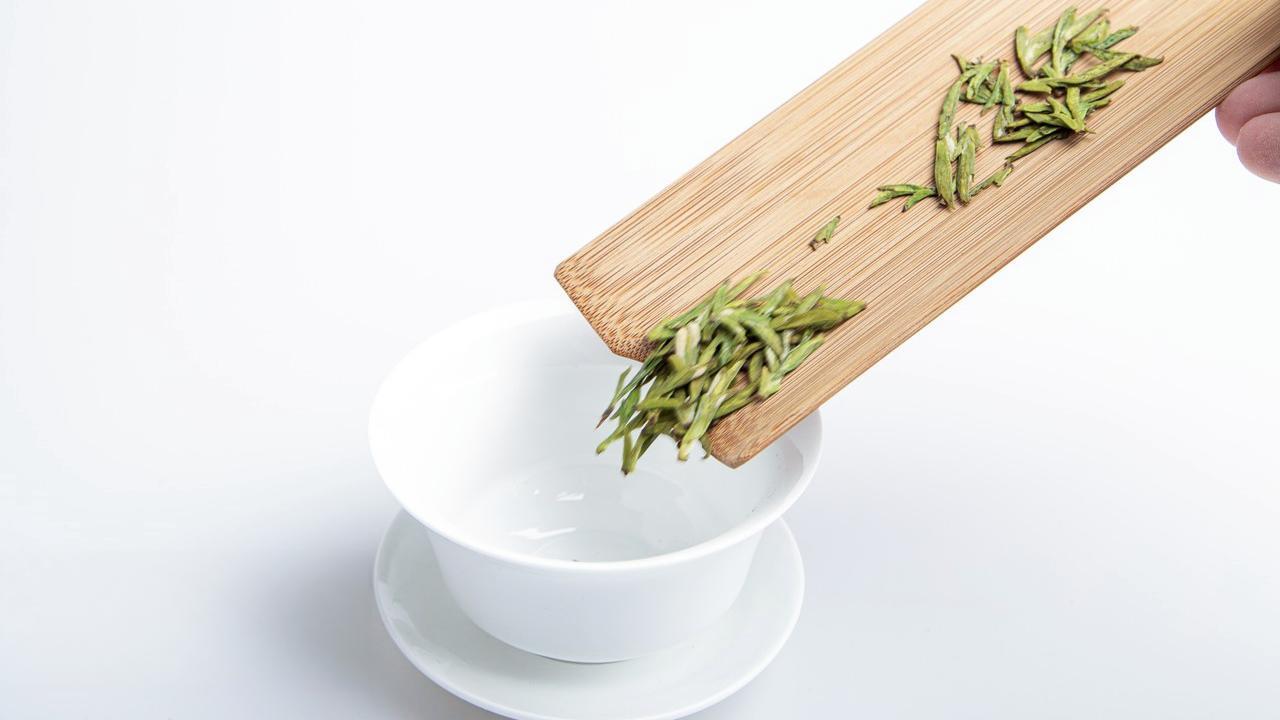
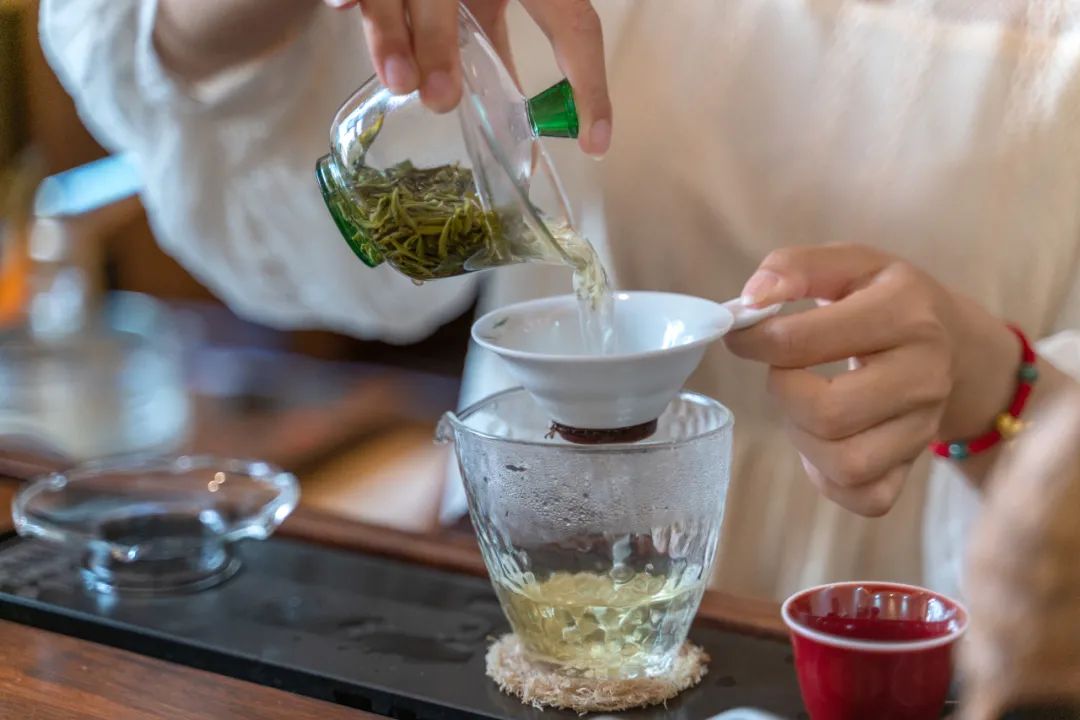
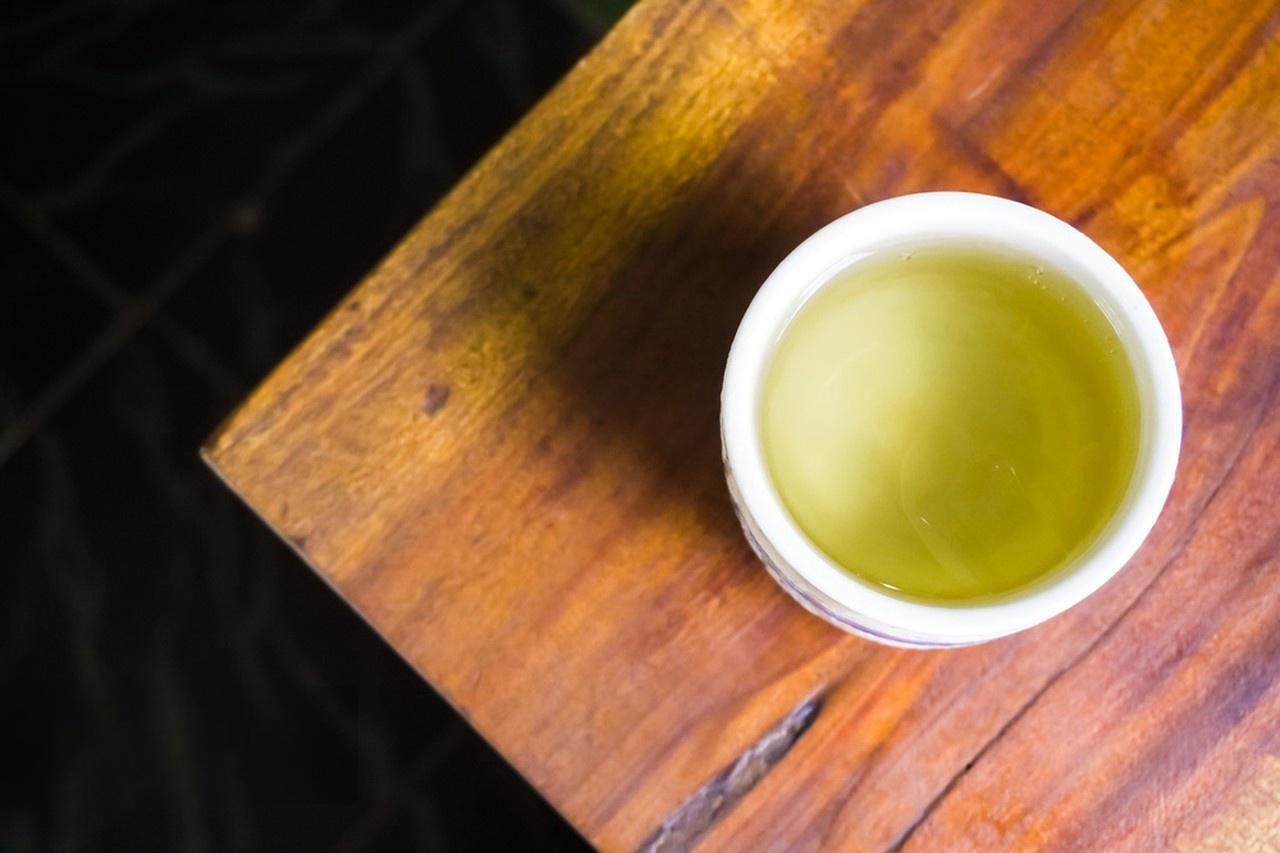

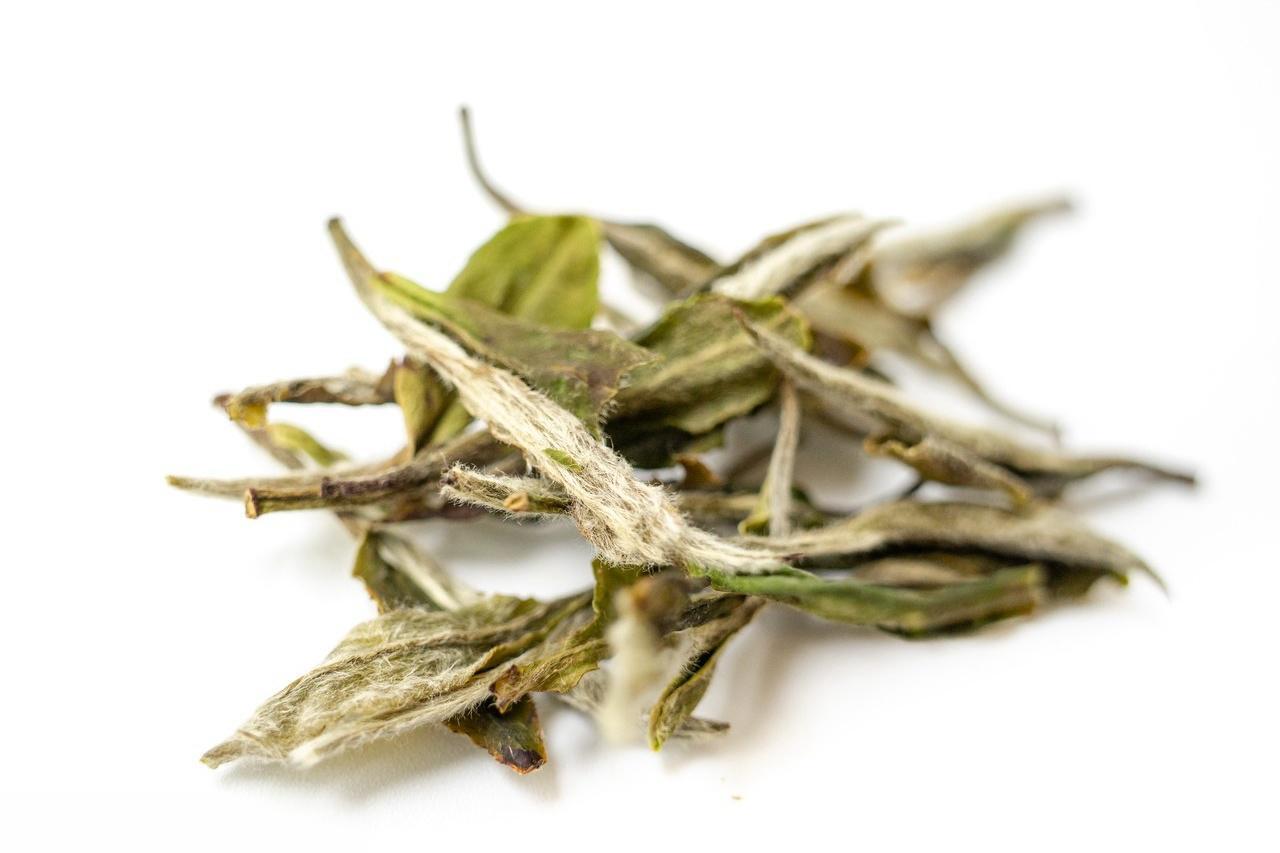

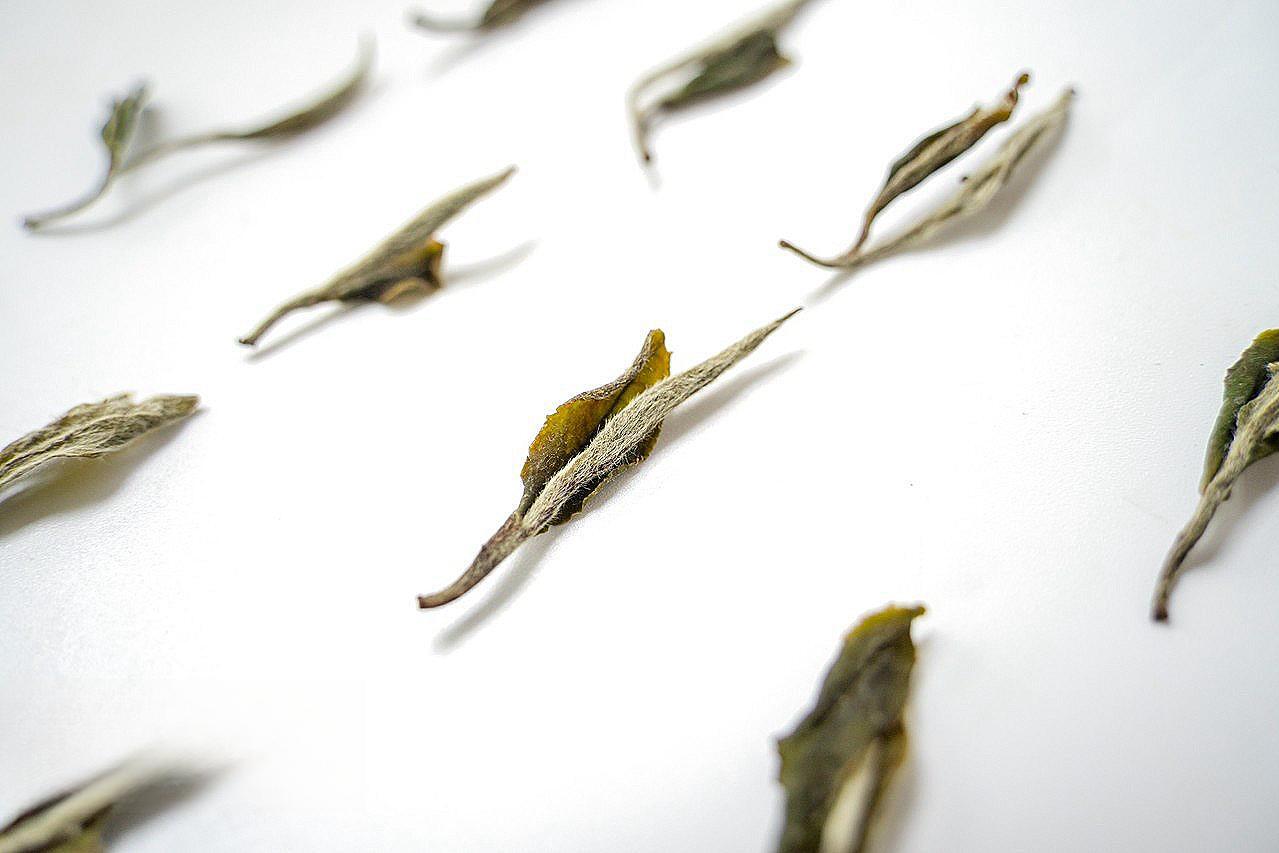
Leave a comment
All comments are moderated before being published.
This site is protected by hCaptcha and the hCaptcha Privacy Policy and Terms of Service apply.